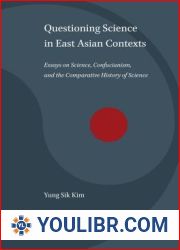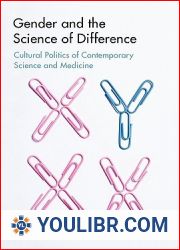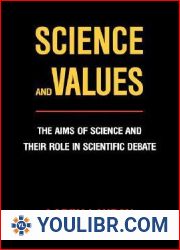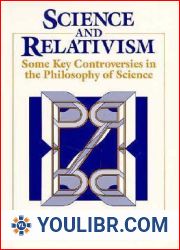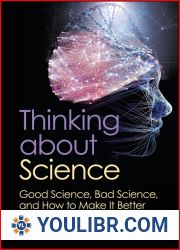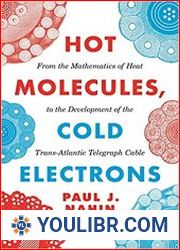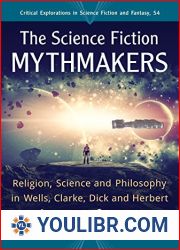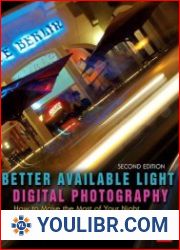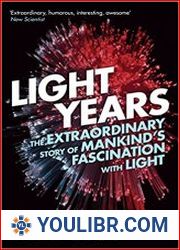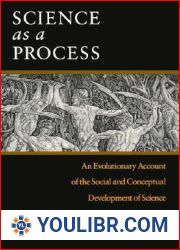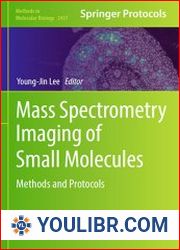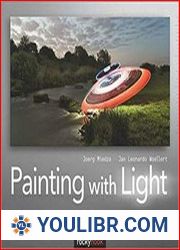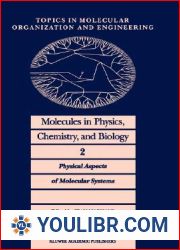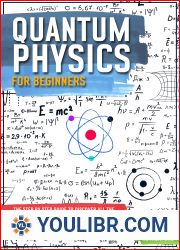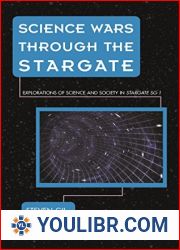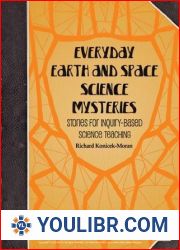
BOOKS - Atoms, Molecules, and Light: Amo Science Enabling the Future


US $9.63

57391

57391
Atoms, Molecules, and Light: Amo Science Enabling the Future
Author: Committee for an Updated Assessment of Atomic Molecular and Optical Science
Year: May 14, 2014
Format: PDF
File size: PDF 6.6 MB
Language: English
Year: May 14, 2014
Format: PDF
File size: PDF 6.6 MB
Language: English
With the publication in 1994 of Atomic, Molecular, and Optical Science: An Investment in the Future (the FAMOS report), the National Research Council launched the series Physics in a New Era, its latest survey of physics. Each of the six area volumes in the survey focuses on a different subfield of physics, describing advances since the last decadal survey and suggesting future opportunities and directions. This survey culminated in 2001 with the publication of the seventh and final volume, Physics in a New Era: An Overview. Since the publication of the FAMOS report, the developments in atomic, molecular, and optical (AMO) science have been amazing. Significant advances in areas such as cooling and trapping, atom and quantum optics, single-atom and single-molecule detection, and ultrafast and ultra intense phenomena, along with the emergence of new applications, made it clear that an update of the FAMOS report was needed. With support from the National Science Foundation and the Department of Energy, the Committee for an Updated Assessment of Atomic, Molecular, and Optical Science was formed. The committee's statement of task reads as follows: The committee will prepare a narrative document that portrays the advances in AMO science and its impact on society. This report highlights selected forefront areas of AMO science, emphasizing recent accomplishments and new opportunities, identifies connections between AMO science and other scientific fields, emerging technologies, and national needs, describes career opportunities for AMO scientists. To accomplish its task and at the same time reach a broad audience, the committee decided to present its report in the form of a brochure highlighting selected advances, connections, and impacts on national needs. An exhaustive assessment of the field, which will fall within the purview of the next decadal survey, was not the goal of the update. The committee would like to express its gratitude for the informative interactions it had with many scientists and policy makers. Many colleagues completed a questionnaire and suggested topics to be included in this report. The final selection of topics was made in accordance with the criteria set forth in the statement of task. While this report was still being written, the tragic events of September 11, 2001, occurred. AMO science and its applications have already played and will continue to play a central role in our nation's response to terrorist threats from conventional as well as chemical or biological weapons. Some of the technology discussed in this report in the chapter and "AMO Science Enhancing National Defense and " was used successfully for the U.S. military response in Afghanistan - the Global Positioning System (GPS) and laser-guided munitions are just two examples. AMO science will also enable the development of early detection techniques that will help to neutralize the threat from biological and chemical agents.








